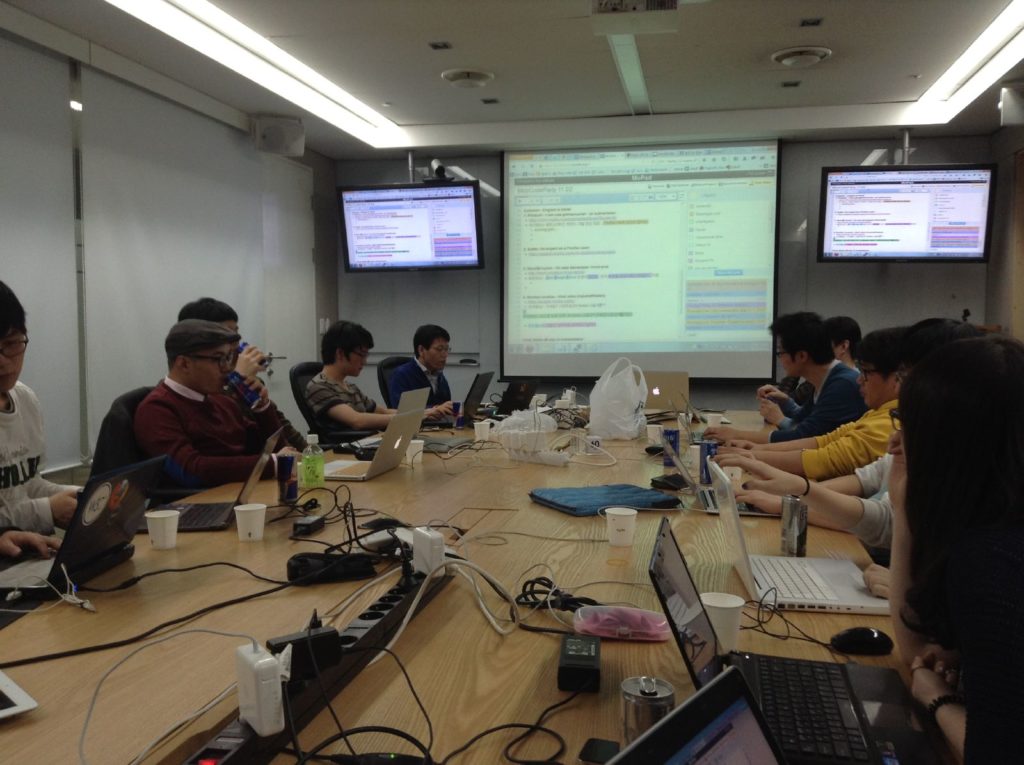The Peninsula
The limited capacity to shape corporate governance

What Happened
- Last week, South Korea’s top policymakers discussed plans for dealing with the country’s low birth rate and the falling size of the country’s working-age population.
- One proposed measure calls for extending after-school childcare services to encourage mothers to focus more on work.
- However, parents and teachers’ groups are criticizing the government’s plan saying what is really needed is more flexible and shorter work hours that enables working parents to be with their children.
Implications: The Korean government’s ability to shape corporate governance appears limited. Even in the face of a looming demographic crisis, Seoul is unable to push employers to provide more flexible work-life balance and improve productivity without demanding longer workhours. The government looks instead to address the labor shortage by expanding public childcare services and encouraging greater female participation in the workforce. While low female labor participation is part of the problem, this obscures fundamental problems in the Korean economy. In 2019, South Koreans worked longer than their peers in almost all other member countries of the Organization for Economic Cooperation and Development but ranked near the bottom in labor productivity.
Context: The incumbent government has attempted to curb South Korea’s long work hours. However, lawmakers were caught between enforcing a 52-hour workweek system on small and medium enterprises (SMEs) and addressing these businesses’ ability to satisfy market demand for their goods and services. In response to concerns from the business community, lawmakers loosened labor laws to allow workers to work more than 52 hours during times of high demand. Enforcing the 52-hour workweek system has been particularly difficult during the pandemic as the government feared that the cap could further weaken the segment of the economy that employs over 80% of the labor force.
This briefing comes from Korea View, a weekly newsletter published by the Korea Economic Institute. Korea View aims to cover developments that reveal trends on the Korean Peninsula but receive little attention in the United States. If you would like to sign up, please find the online form here.
Korea View was edited by Yong Kwon with the help of Sean Blanco, Marina Dickson, and Jina Park. Picture from the flickr account from Channy Yun
